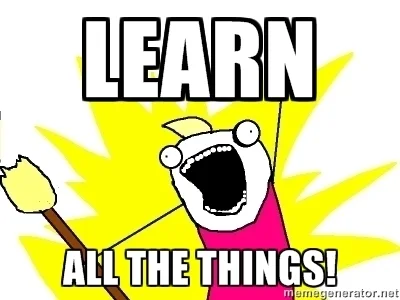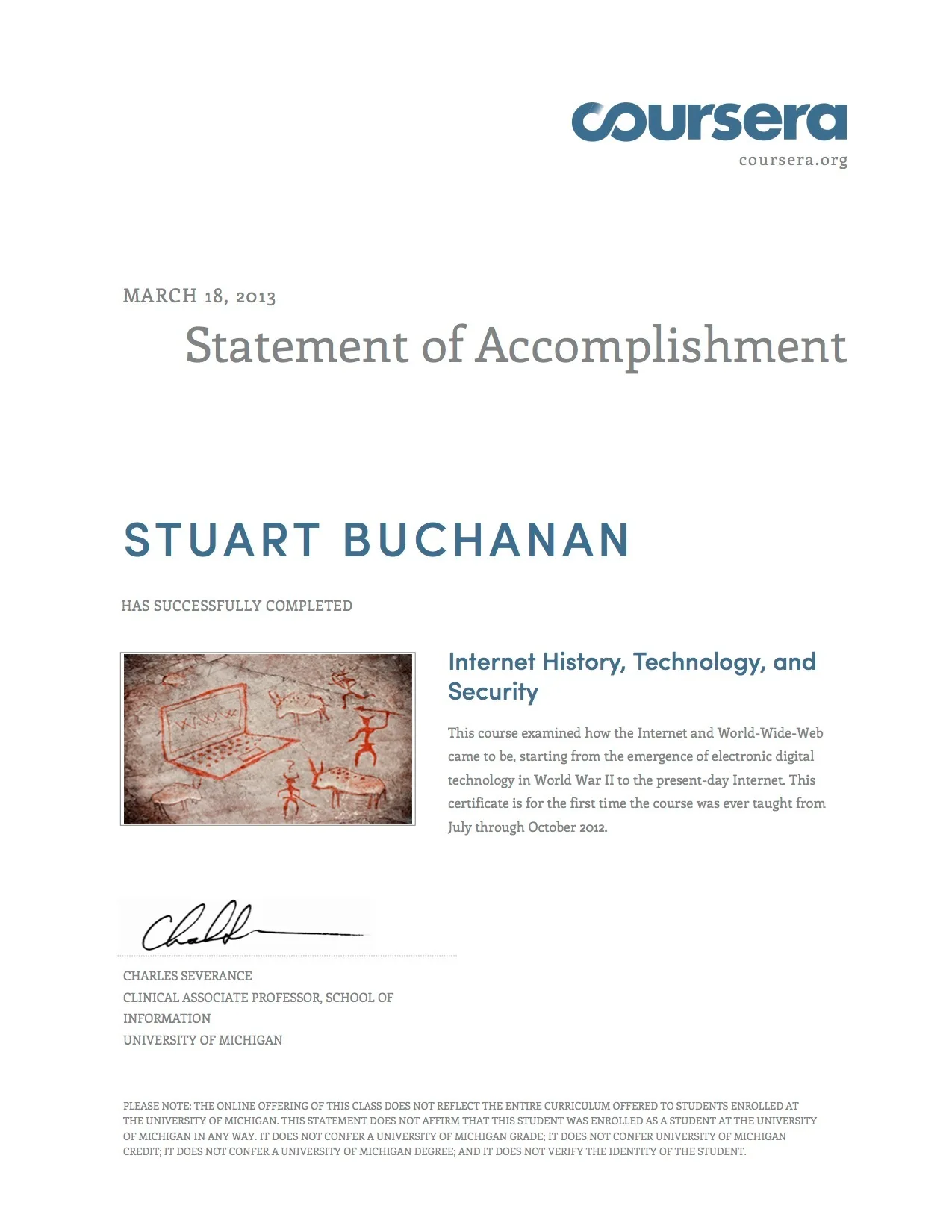The internet is not just full of pictures of cats and Australians downing beer – it’s also an incredible tool for sharing information that matters. And if you’re looking to download this information directly to your brain, there are a number of great ways to do this.

MOOCs – Massive Open Online Courses – have grown in popularity over recent years. These courses are generally free and open to anyone who has an internet connection and can complete the assignments, and the range of subjects offered can be very broad. There are loads of sites now offering these courses, and to help you track down one that interests you, visit sites like mooc-list.com, which is a dedicated MOOC aggregator.
One of the biggest and most popular of the online learning sites is Coursera.org. Coursera has partnered with universities from around the United States and elsewhere in the world to provide a level of quality learning to many more people than will ever get to attend university.

With over six million “Courserians” learning from 608 courses, you’re bound to find something that interests you. Some of the courses starting soon are titled, “Introduction to Clinical Neurology”, “Latin American Migration”, “Cryptography”, “Financial Markets” and “Creative Problem-Solving”. Personally, I found the “Internet History, Technology and Security” course, taught by Dr Charles Severance from the University of Michigan, fascinating and useful for my line of work. And it kept me interested enough to complete all the assignments.
Courses range from four to 12 weeks and normally require about five hours of work a week (budget an hour a day during the week – quite manageable even if you have a full-time job). The general format is that you’ll need to watch a few video lectures each week, perhaps do a short reading or two, and complete the odd multiple-choice test or written assignment.

These courses are not designed to trip you up, and high academic standards are not expected. They do require participation, and interactivity is encouraged – every course offers a way to interact with other students on the course, usually through an online forum where assignments can be discussed and virtual study groups can be formed. Learning together is a great bonding experience, and people all across the globe helping each other to achieve success is one of the many great benefits to this style of education.
But it doesn’t just stop at Coursera. Also worth looking at is iversity, Udacity, Codecademy and edX. Since the bulk of these courses are offered for free, and the academic standard allows for broad participation, the certificate at the end may not necessarily translate into an actual tertiary-level credit that you can use to try to apply for university.

Instead, the value of such a certificate is to bulk up your CV and show that you are interested in upskilling in your own time, dedicated enough to see a project through, and have the initiative to do so yourself.
However, if you are looking for academically recognised courses, or upskilling for a particular industry, and are willing to part with some cash, GetSmarter is the place to look. Courses cost an average of R9 000 and most are approved by the University of Cape Town. Full-time and part-time options are available.
There are plenty of ways to expand your mind and your skill set thanks to the internet. Use Google to search for what interests you. In fact, you can even do a short course on using Google! I completed the Power Searching with Google course a few years back and picked up some handy tips on how to become more efficient at finding what you are looking for. It’s especially useful for journalists and researchers.
Have you ever completed an online learning course? What was your experience? Do you know of any other great online learning resources? Let us know in the comments below.
